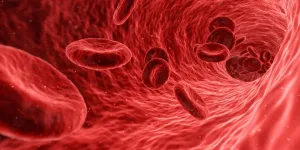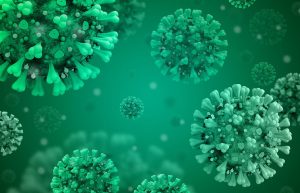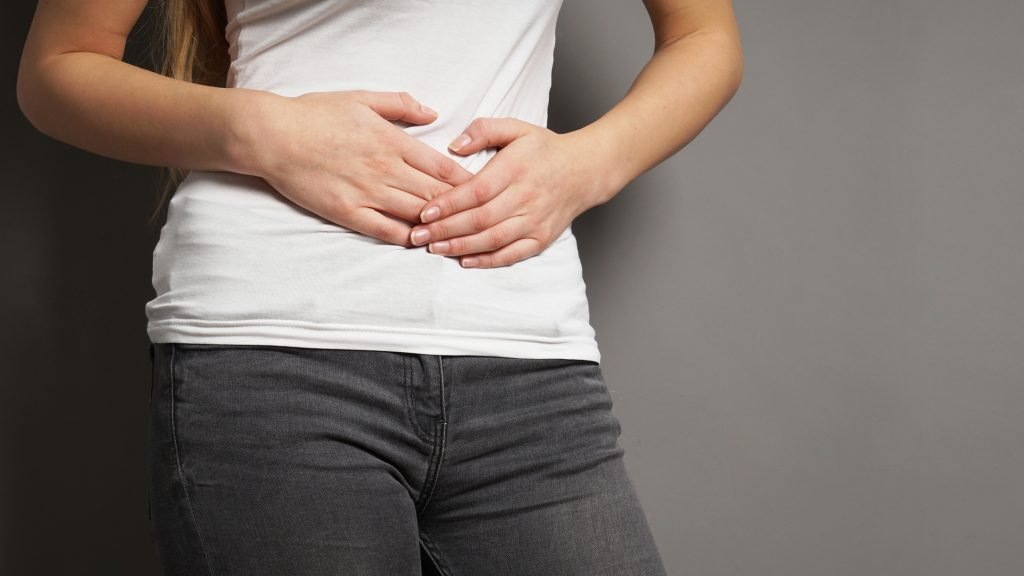Take Control of Your Life
Understanding Your Immune System
Our immune system is our Defence mechanism.
- It defends against infections.
- Distinguishes against self and non self antigen.
- Repairs any injury at site.
- Has memory to enhance repeated exposure.
- Increases our antigen specific immune cells.

There are 2 responses to our immune system;
Innate Immunity – present at birth
- Remains throughout life
- Antigen exposure is no essential
- Immediate maximal response
- No memory
Acquired Immunity – develops over time
- Short lived / lifelong
- Antigen exposure essential
- Time delay in maximal response
- Immunology memory
Antigens
An antigen is a substance which elicits an immune response for eg. Bacteria, pollen, virus
We have T-helper cells which differentiate into Th1, Th2, Th17 or T-reg cells after antigen presentation.
These T-helper cells drive different types of cellular immunity depending on their type.
Cellular immunity protects our bodies through:
- Activating antigen-specific cytotoxic T cells to induce apoptosis in cells with foreign antigens.
- Macrophage & natural killer cell action enabling destruction of pathogens
- Stimulate cells to secrete cytokines influencing other cells.
- Defence against parasites & allergic reactions.

Antibodies include;
- IgM – made by the foetus, responsible for agglutination of red blood cells.
- IgG – allows recognition & ingestion of phagocytic immune cells leading to the elimination of the pathogen, binds & neutralises toxins, the only Ig that can cross the placental barrier conferring immunity to the new born.
- IgE – provides immunity to parasites & has an essential role in type 1 hypersensitivity.
- IgA – found in saliva, sweat, gastro, respiratory & prostate secretions, nutralisin gthreats before they reach epithelial cells.
- Th17 – produce a Pro-inflammatory response, important in fighting extra cellular pathogens.
- A balanced immune has an Internal Threat (an autoimmune problem) & an External Threat (Allergic Reaction).
- The GUT is 1 main support system when it comes to our immunity.
- It is the 1st line of defence.
- The Gut associated Lymphoid Tissue (GALT) provides 2 layers of defence to a foreign pathogen / antigen.
- It is responsible for immune & inflammatory response
- It can be modified through dietary changes, prebiotic and probiotic foods.
The ‘Hygiene Hypothesis’ suggests infants immature immunity requires ac certain level of inoculation by dietary & environmental antigens to become fully competent. Lack of exposure is said to lead to inflammatory bowel disease, autoimmune disease & atopic dermatitis.
Acute Inflammation is vital to fight infection, during this time;
- Mast cells release histamine to increase blood flow to the injured site and increase capillary permeability
The Inflammatory Cascade
- Most cells are capable of an inflammatory response which allows Defence of a cell.
- It is important to manage inflammation by removing NF KB triggers which can be activated by; arsenic, lead or nickel, glycated proteins.
- Downregulate NFkB with polyphenols, curcumin, milk thistle, vitamin C & E
Supplements / Food Source
- Turmeric – Anti inflammatory effect
- Ginger – Anti-oxidant properties
- Polyphenols – Anti-inflammatory & immune regulation
- Omega 3 – Reduce the production of inflammatory cytokines.
- Vitamin D – Antibacterial, Anti-inflammatory, Enhances phagocytic activity, Improves T-reg function
- Plant Sterols – increase production of Th1 & inhibit Th2 Cytokine production
- Quercetin – Inhibits mast cell degranulation, is an antioxidant, down regulates NF-KB & anit-viral.
- Probiotics – improve T-Reg function & reduce IgE, Promote T-helper cells & produce anti-inflammatory profile.
Lowered Immunity Causes
- Chronic Stress
- Nutrient Deficiencies
- Dysbiosis
- Smoking
- Chronic Infections
- Splenectomy
- Toxins/Heavy Metals
- Ageing
- Immunosuppressive Medications

How to Gain Optimum Immunity
Seek support – look for advice and support with a Nutritional Therapist.
Be informed – Get to know what triggers your immune responses and know the symptoms of imbalance for you. Your therapist can use this to support you to optimum immunity.
Be educated – look at the research shared through support groups, professionals, friends or family and use this to inform your choice of preventative treatments when meeting therapists.
Conclusion
Balance and support your digestive & immune systems to promote balanced health.
If you have any questions, concerns or would just like further information about how to protect your immune system, don’t hesitate to reach out and get in touch with us here at Health 4U. Or you can book an appointment with Sinéad through our online booking platform, and together we will help you understand and take control of your hormonal health.
Share this article
Share on facebook
Facebook
Share on twitter
Twitter
Share on linkedin
Linkedin
Share on email
Email
Share on whatsapp
Whatsapp



